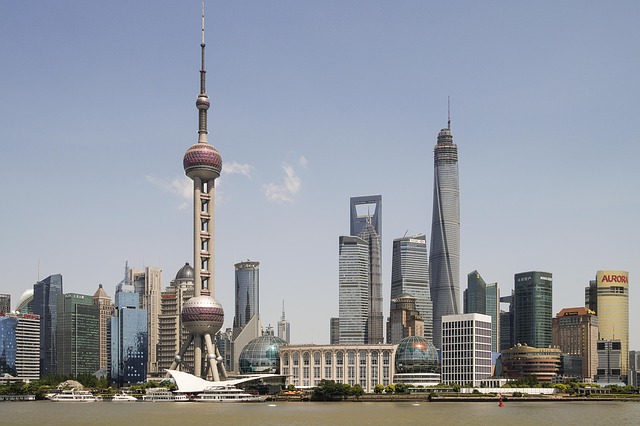The stock market is one of three alarming bubbles in the Chinese economy. A domino effect from the stock market nosedive to the larger credit and property bubbles is unlikely, but not impossible. The government is expected to do whatever it takes to prevent this happening. But Beijing has shown that it does not always have a firm grip on the market.
"We have revised our rate forecast to one cut of 25 bp in H2. A stable CNY is preferred for the purpose of financial stability and SDR inclusion," says Nordea Research.
Summer this year did not start with the usual lull. The stock market plunge in mid-June has put China in harm's way. After just two weeks' respite, the Shanghai composite index fell by 8.5% on 27 July - the largest single-day drop since February 2007.
The stock market crash has little direct impact on the real economy, mainly due to the low stock market participation rate and limited wealth effect. The Chinese economy is still set for a soft landing as the property market has recovered from last year's trough. Industrial activities will likely benefit from restored confidence in the property sector. However, the economy remains vulnerable, as reflected by the unexpectedly low flash PMI reading for July.
The biggest concerns for the Chinese economy are the credit and property bubbles. Both are large enough to trigger a hard landing. Risk of either bubble bursting has increased lately as they have become more closely linked to the stock market. A direct link between the equity and housing market was created when retail investors were granted permission to use their housing as collateral for the margin debt used in equity investment. Given the economy's heavy reliance on the housing market, this link could be risky for growth.
The link between the equity and credit bubble is through margin debt as well. It is commonly believed that most liquidity from monetary easing over the past year went to the equity market. Corporates likely played a major role here as they are the primary borrowers from the banks. The degree of corporate involvement in debt-financed equity investment is highly alarming given the pressure on corporate profits and the already high debt level (153% of GDP).
The authorities are expected to use every tool at their disposal to prevent the stock market crash spreading to the banking and property sectors. However, the latest stock market volatility has shown that the government does not always have firm grip on the economy and the market.
China's equity sell-off could spark a chain reaction

Tuesday, August 4, 2015 1:21 AM UTC
Editor's Picks
- Market Data
Most Popular



 FxWirePro: Daily Commodity Tracker - 21st March, 2022
FxWirePro: Daily Commodity Tracker - 21st March, 2022  Best Gold Stocks to Buy Now: AABB, GOLD, GDX
Best Gold Stocks to Buy Now: AABB, GOLD, GDX 






























